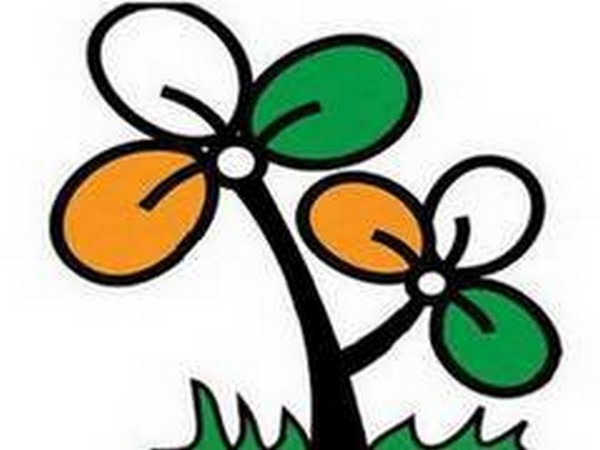TMC govt turned WB into police state, will act if Constitution not protected: Guv
Contending that the TMC government has turned West Bengal into a "police state", Governor Jagdeep Dhankhar on Monday said he would be forced to "look into" Article 154 of the Constitution, as his office has been ignored for long by the ruling dispensation.

- Country:
- India
Contending that the TMC government has turned West Bengal into a "police state", Governor Jagdeep Dhankhar on Monday said he would be forced to "look into" Article 154 of the Constitution, as his office has been ignored for long by the ruling dispensation. Article 154 of the Constitution mandates that the executive power of the state shall be vested in the Governor and shall be exercised by him either directly or through officers subordinates to him.
Criticising DGP Virendra for "being irresponsible and callous" in his response to a letter, Dhankhar said police personnel are working as "cadres" of the ruling TMC. "If the Constitution is not protected, I have to act.
The office of the governor has been ignored for long. I will be forced to look into Article 154 of the Constitution," he said at a press meet here. The governor also said that "electronic surveillance by the TMC government" has forced him to communicate over WhatsApp voice calls.
"West Bengal has been turned into a police state... A police state is the first enemy of democracy. Police state and democracy don't go hand in hand," the governor said. He also claimed that the police in Bengal are "in servitude of extra-constitutional authorities".
"Law and order has completely collapsed in the state. Maoist insurgency is raising its head. Terror modules are also operating from this state," the governor insisted.
Dhankhar, who has been at loggerheads with the TMC government since he assumed office in July 2019, wrote to DGP Virendra earlier this month, expressing concern over the law and order situation in the state. Following the DGP's one-line reply, stating that the "police adhere to the path laid down by the law", the governor had asked the state police chief to meet him by September 26.
Chief Minister Mamata Banerjee, in a letter to the governor on September 26, urged him to "act within the mandates of the Constitution", expressing anguish over his letter to Virendra. Reminding Banerjee that he was a "stakeholder in matters of governance", Dhankhar said the CM is under the misconception that the post of governor is a mere "post-office or a rubber stamp".
Referring to Banerjee's sit-in here last year in protest against the CBI's attempt to question the then Kolkata police commissioner Rajeev Kumar as part of a chit fund scam probe, the governor said, "To shield those who need to be held accountable, is (akin to) signalling the death knell of democratic governance. Earlier it was by way of a physical stance, now it is via a letter." Dhankhar, who issued a letter to Banerjee conveying his grievances, sought to know "what is amiss if the governor wants the DGP to elaborate on the deteriorating law and order situation, in the wake of political violence, political vendetta, ruthless quelling of opposition, incessant extortion by syndicates and frequent hurling of bombs." The governor said that he had, in his letter to the DGP, pitched for sanitisation of power corridors by removing intruders and 'harmads' -- an oft-repeated term used by parties in Bengal to describe hoodlums and criminals. He alleged that Banerjee was not living up to the oath taken by her when she was sworn-in as the chief minister, and her defence of the DGP vindicates his assertion that the "government is walking on police crutches".
Dhankhar also claimed that the CM has violated Article 167 of the Constitution (defines the duties of the chief minister towards the governor) by not replying to his queries on several issues. "The oath is outraged first through discrimination, second through political vendetta, third by way of political killings and then comes violation of human rights," Dhankhar added.
(This story has not been edited by Devdiscourse staff and is auto-generated from a syndicated feed.)
- READ MORE ON:
- Jagdeep Dhankhar
- Constitution
- TMC
- West Bengal
- Mamata Banerjee
- DGP
- CBI
- Kolkata
ALSO READ
Mamata Banerjee can never stop infiltration into Bengal, only BJP can do that: Amit Shah at a rally in Balurghat.
Mamata Banerjee misleading people on CAA, facilitating infiltrators: Amit Shah
LS polls: BJP names S S Ahluwalia as candidate from Asansol seat in West Bengal.
Calcutta High Court's order in Sandeshkhali case a victory for women in West Bengal facing atrocities: BJP's Nisith Pramanik
CEC Rajiv Kumar not talking to West Bengal Guv Bose, alleges TMC's Abhishek Banerjee










